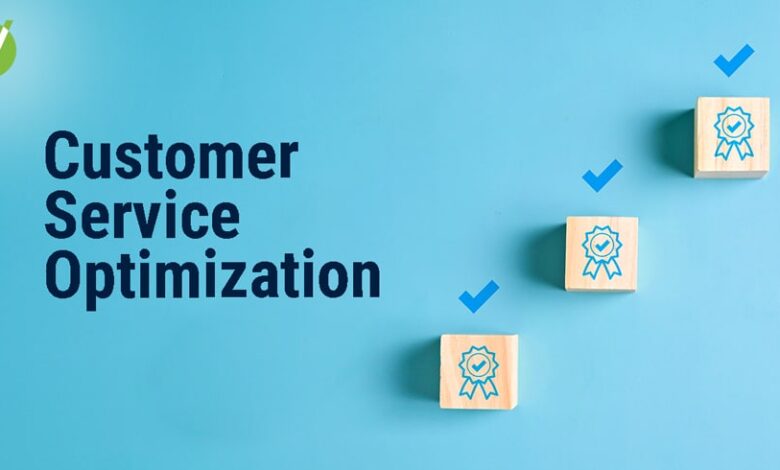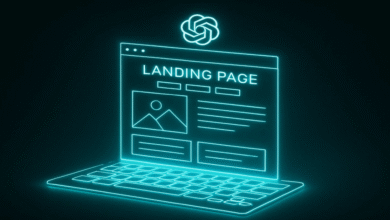Optimizing Business Operations with Customer Service Software: A Complete Guide

In today’s digital-first economy, where customer expectations are higher than ever, providing excellent customer service is critical for business success. Companies are increasingly turning to Customer Service Software to streamline interactions, enhance user satisfaction, and build lasting customer relationships. This comprehensive guide explores the features, benefits, types, and best practices associated with customer service software, offering a detailed roadmap for businesses looking to upgrade their support systems.
What is Customer Service Software?
Customer Service Software is a suite of tools and platforms designed to help businesses manage and respond to customer queries, issues, and feedback efficiently. These tools often provide multi channel support, allowing companies to engage with customers via email, live chat, phone, social media, and self-service portals.
Key components include:
- Ticketing systems for tracking customer issues.
- Knowledge bases to provide self-help options.
- Automation features to reduce manual work.
- Analytics tools for performance tracking.
The goal of customer service software is to improve the quality of support, reduce resolution time, and enhance customer satisfaction.
Why Customer Service Software is Essential for Modern Businesses?
In an environment where brand loyalty can hinge on a single interaction, businesses need reliable systems to handle customer inquiries effectively. Customer service software provides several critical advantages:
1. Improved Efficiency
By automating routine tasks such as ticket assignment and follow-ups, businesses can focus their resources on more complex issues that require human intervention.
2. Centralized Communication
Customer service software consolidates interactions from multiple channels into a unified interface, making it easier for agents to manage and respond to tickets.
3. Enhanced Customer Experience
Quick, personalized responses and proactive service significantly enhance the customer experience, increasing satisfaction and loyalty.
4. Data-Driven Insights
With built-in analytics and reporting, companies can track KPIs like response time, customer satisfaction score (CSAT), and first contact resolution (FCR), enabling continuous improvement.
Core Features of Customer Service Software;
Understanding the essential features of customer service software helps businesses choose the right solution. Here are the key functionalities to look for:
1. Ticket Management
Tickets are created for each customer interaction, which can be tracked, prioritized, and assigned to the right agents. This ensures accountability and streamlines issue resolution.
2. Multichannel Support
Support across various channels such as email, live chat, phone, SMS, and social media allows customers to reach out through their preferred method.
3. Automation and Workflows
Automation features such as canned responses, auto-routing, and follow-up reminders reduce manual effort and speed up processes.
4. Self-Service Options
Knowledge bases, FAQs, and community forums empower customers to solve problems independently, reducing the volume of incoming tickets.
5. CRM Integration
Integration with Customer Relationship Management (CRM) systems allows support agents to access customer histories and provide contextually relevant support.
6. Reporting and Analytics
Detailed analytics dashboards provide visibility into team performance, customer satisfaction metrics, and operational bottlenecks.
7. SLA Management
Service Level Agreement (SLA) tracking ensures that teams meet predefined response and resolution times, maintaining service standards.
Types of Customer Service Software;
Customer service software comes in various forms, depending on the needs and scale of the business:
1. Help Desk Software
Focuses on managing customer inquiries through a ticketing system. Ideal for small to medium businesses needing organized communication.
2. Live Chat Software
Offers real-time assistance to customers on websites or apps. It is particularly effective for e-commerce and SaaS platforms.
3. Call Center Software
Designed for voice support teams, with features like call routing, IVR, and call recording. Common in industries with high call volumes.
4. CRM-Based Support
Combines sales, marketing, and support functionalities to provide a 360-degree view of the customer. Examples include Salesforce and HubSpot.
5. All-in-One Platforms
Comprehensive solutions that integrate help desk, live chat, phone, and knowledge base functionalities into a single system.
Challenges and Considerations;
While customer service software offers many advantages, businesses must navigate certain challenges:
1. Implementation Time and Cost
Deploying new software can be resource-intensive. It’s essential to plan for training, migration, and integration.
2. User Adoption
Resistance to change is common. Providing adequate training and involving users in the selection process can ease the transition.
3. Data Security and Compliance
Customer data must be protected. Ensure the software complies with data protection laws like GDPR or CCPA.
4. Feature Overload
More isn’t always better. Focus on features your team will actually use to avoid unnecessary complexity.
Top Customer Service Software Solutions;
Several platforms dominate the customer service software space. Here are some of the most popular options:
1. Zendesk
A comprehensive platform offering ticketing, live chat, knowledge base, and analytics. Known for its user-friendly interface.
2. Freshdesk
Affordable and scalable, Freshdesk is ideal for small to mid-sized businesses with omnichannel support capabilities.
3. HubSpot Service Hub
Part of the HubSpot CRM suite, it offers robust customer service features with seamless integration into sales and marketing.
4. Zoho Desk
An intuitive and customizable help desk software that integrates well with other Zoho products.
5. Intercom
Great for conversational support, with advanced live chat, chatbot, and messaging automation features.
6. Salesforce Service Cloud
A powerful enterprise-grade solution that provides deep CRM integration and advanced analytics.
Future Trends in Customer Service Software;
As technology evolves, so does the landscape of customer service software. Emerging trends include:
1. AI and Automation
Chatbots and AI-driven suggestions are improving response times and reducing workload for human agents.
2. Omnichannel Integration
Seamless transitions between communication channels will become standard, offering a more unified customer experience.
3. Predictive Customer Support
Using data analytics to anticipate customer issues before they occur and offer proactive solutions.
4. Voice and Video Support
Rising demand for personalized support is driving adoption of real-time video chat and voice solutions.
5. Personalization at Scale
Advanced CRM integration and AI are enabling businesses to offer highly personalized service to large customer bases.
Conclusion;
Customer service software is no longer optional; it’s a strategic investment in customer satisfaction, operational efficiency, and business growth. With the right platform and approach, businesses can transform their customer support from a cost center to a competitive advantage. Whether you’re a startup or a global enterprise, adopting and optimizing customer service software can significantly enhance your customer relationships and drive long-term success.




